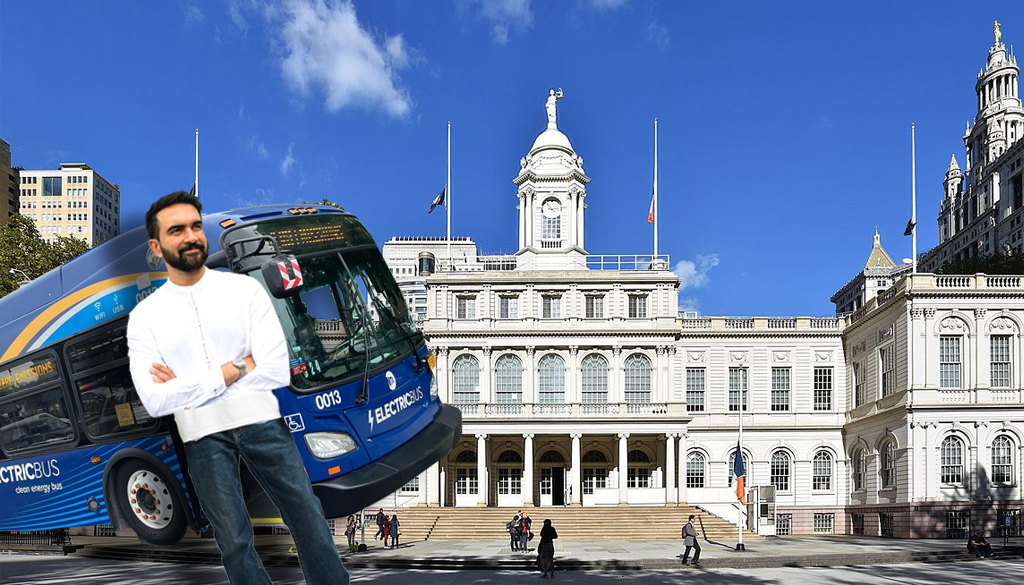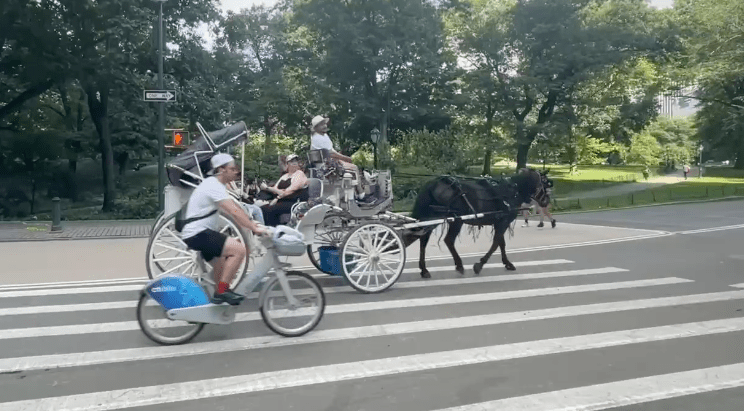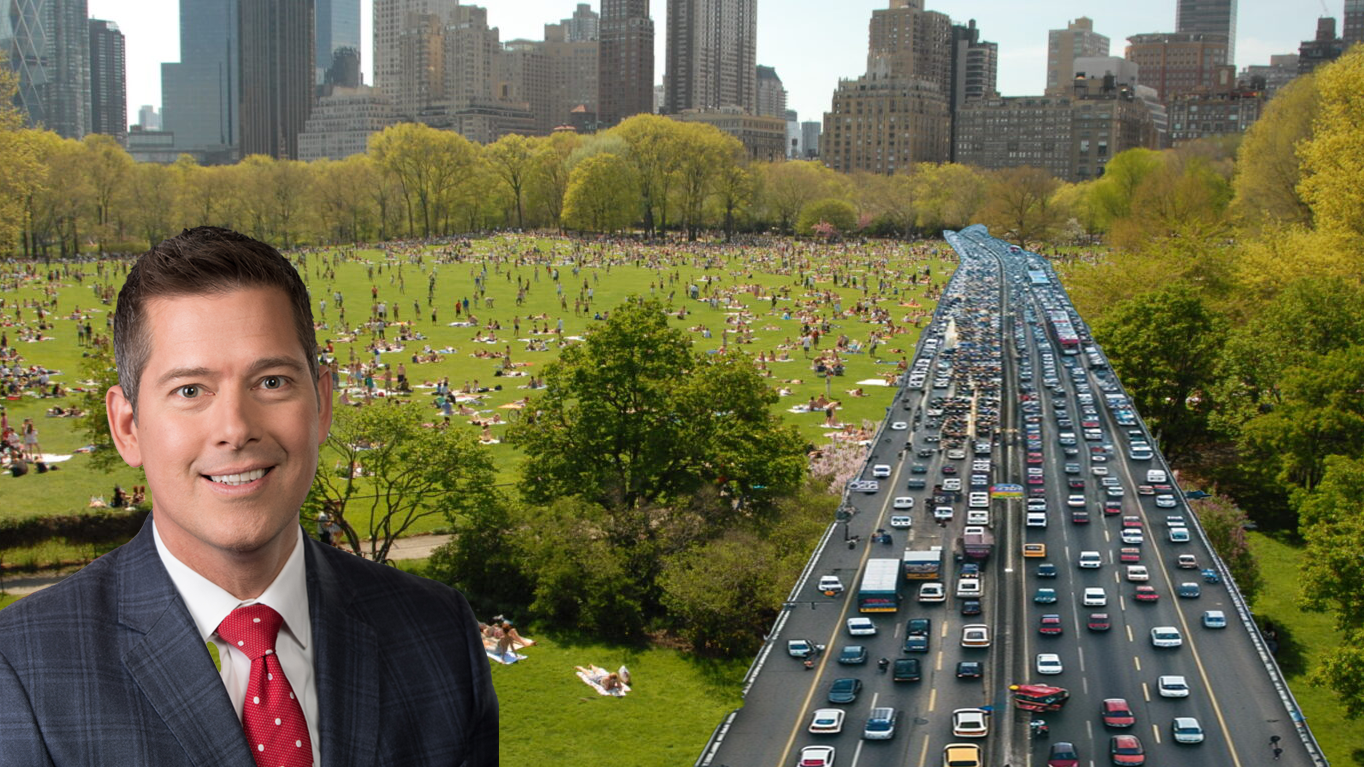Mary Beth Kelly's story is as inspirational as they come.
In June 2006, she and her husband Dr. Carl Henry Nacht were bicycling home from dinner on the Hudson River Greenway in Chelsea when an NYPD tow truck turned sharply into the bike lane at 38th Street and 12th Avenue. Despite signs telling drivers to yield to pedestrians and cyclists, the tow truck did not slow down as it headed toward a riverfront
tow pound. The truck struck Carl , injuring him severely. He died four
days later.
Bicycling was an integral part of Carl and Mary Beth's lives. Their first date was done on bikes and they often took their bikes on vacation. A physician at St. Luke's-Roosevelt Hospital, Carl regularly used his bike to commute to the work and to make in-home visits to sick patients.
Rather than forsaking cycling after Carl's death, Mary Beth and her children Zoe and Asher got right back on their bicycles. Perhaps most important, Mary Beth has emerged as an outspoken and eloquent advocate for New York City cyclists. She now serves on the advisory council for Transportation Alternatives where she is working to create and pass comprehensive complete streets legislation in honor of her husband.





